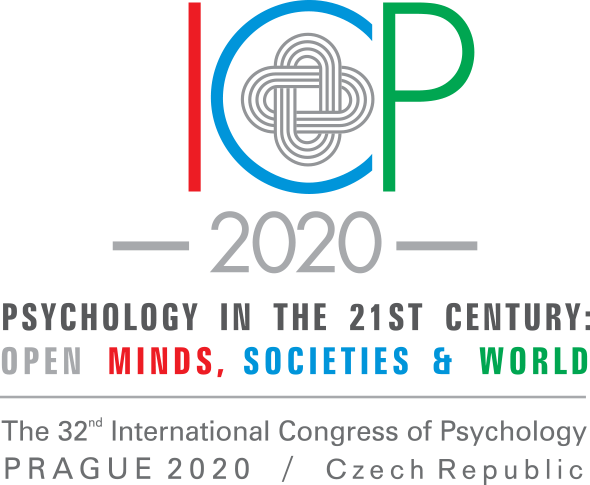

Peter Gollwitzer


Peter M. Gollwitzer has worked in academic institutions in the US and in Germany (universities and research institutes such as the Max Planck Institute for Psychological Research), heading various interdisciplinary research groups.
The common theme of his research is the effective self-regulation of thought, affect, and action. His research methods reach from conducting laboratory studies using cognitive task paradigms (e.g., executive function tasks) and taking neuro-physiological (EEG, fMRI, MEG) and behavioral measures, to performing field experiments and intervention studies with clinical samples (e.g., children with ADHD, stroke patients, individuals suffering from addictions or anxiety disorders).
He has developed various models of self-regulation: the Theory of Symbolic Self-Completion (with Robert A. Wicklund), the Rubicon Model of Action Phases (with Heinz Heckhausen), the Auto-motive Model of Goal Striving (with John A. Bargh), the Mindset Theory of Action Phases, and a Theory of Planning that specifies implementation intentions (if-then plans) as a powerful self-regulation tool.